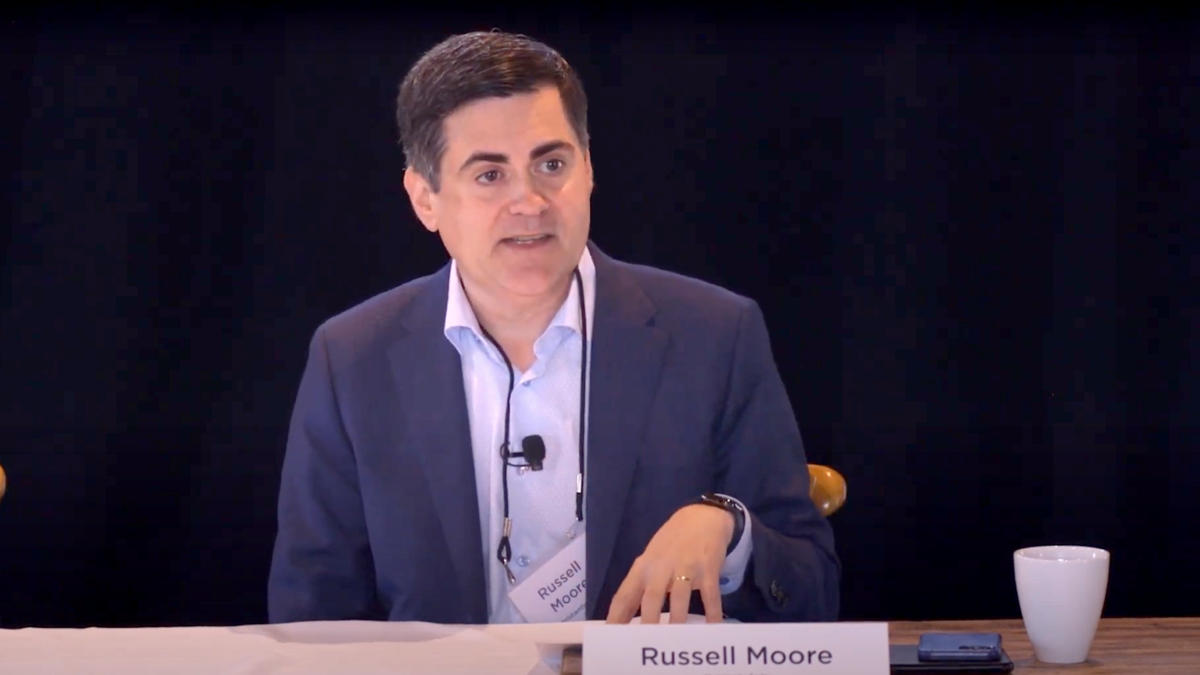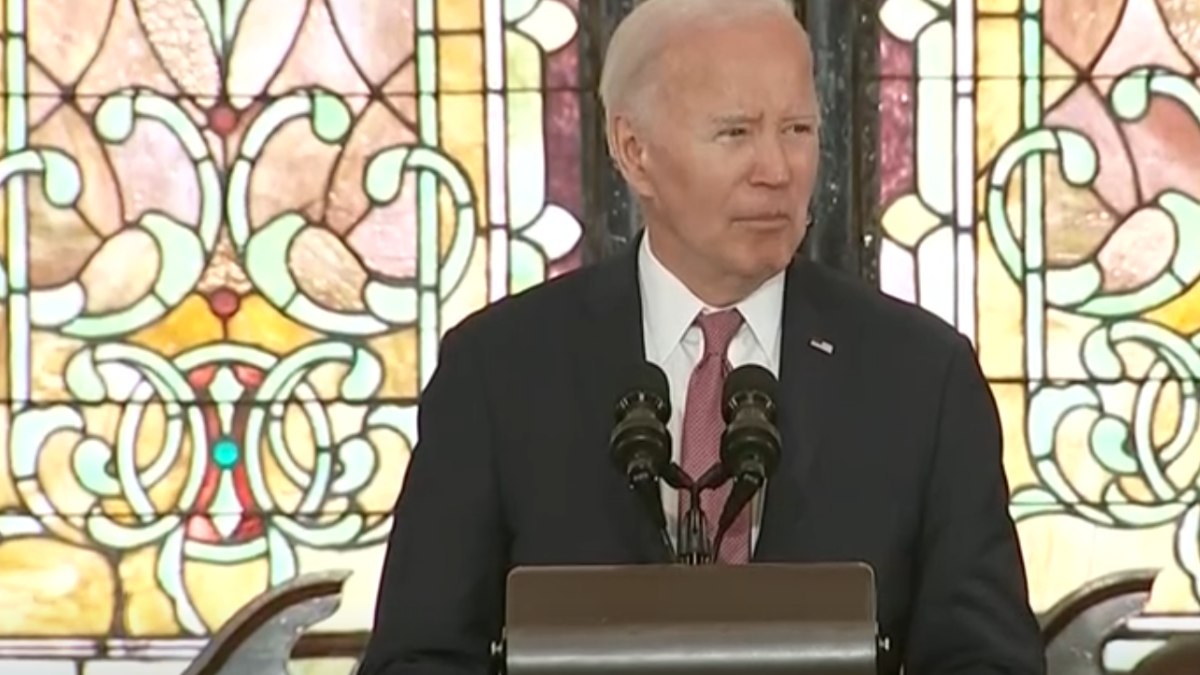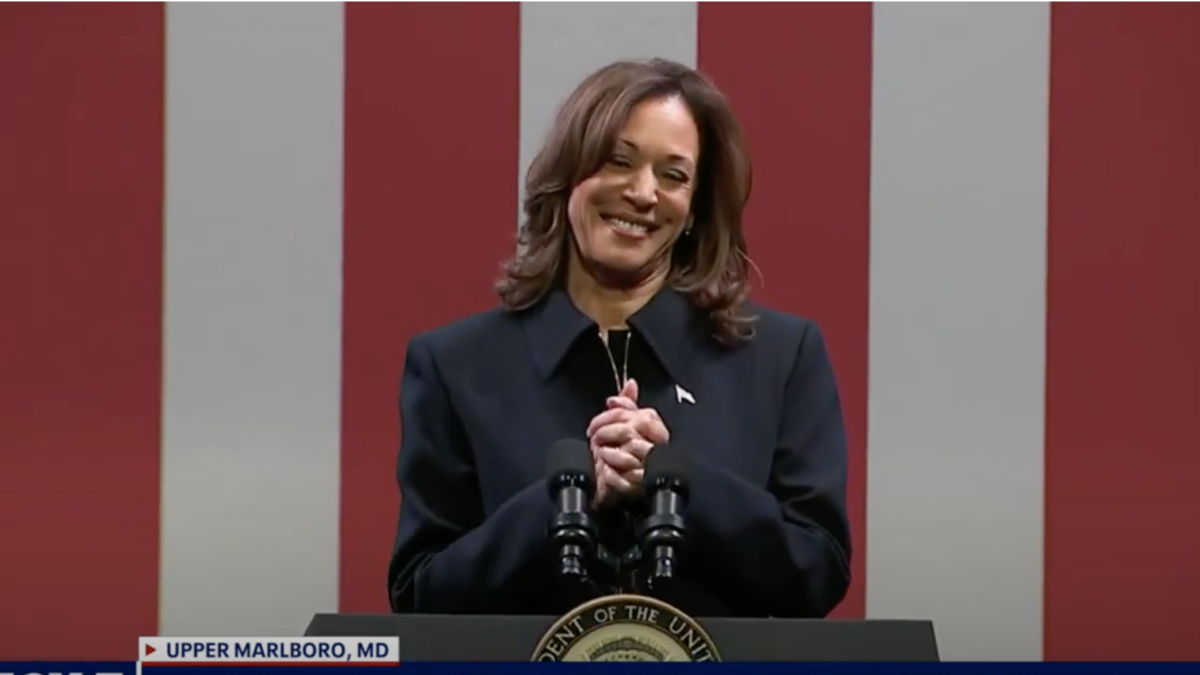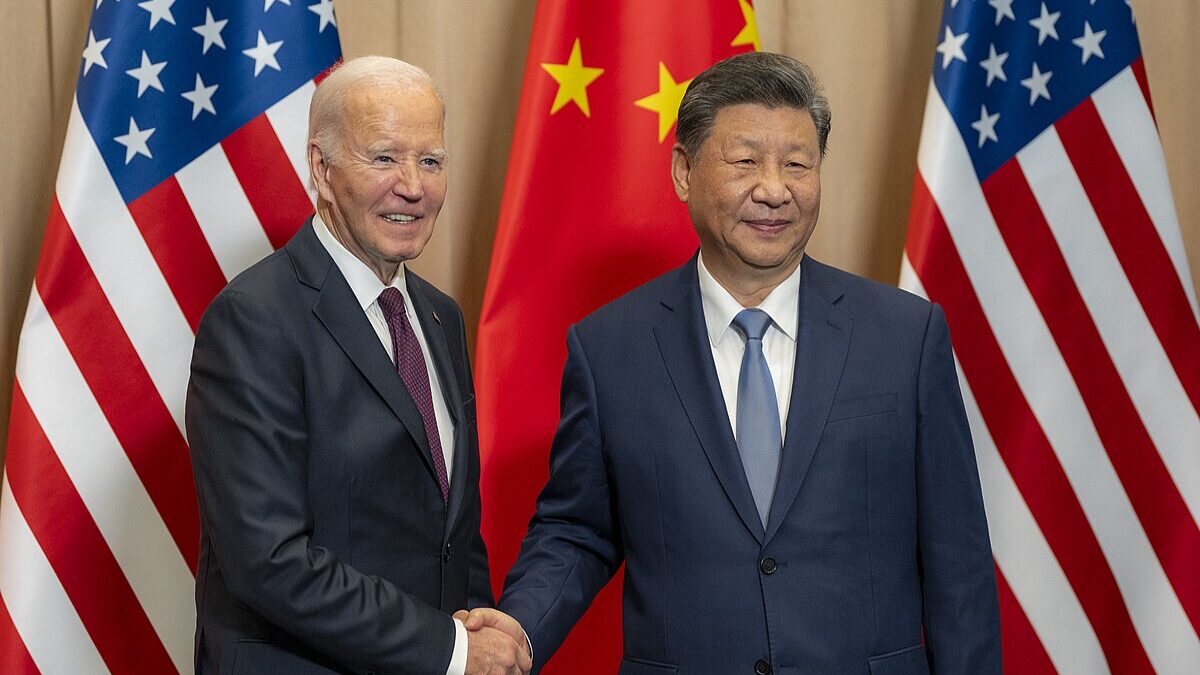Russell Moore, one of the biggest names in modern evangelicalism, broke his silence on the overturning of Roe v. Wade during a panel at a recent Ethics and Public Policy Center event, a video of which was posted online in early July.
As I noted last month, Moore’s public muteness on the matter might have seemed odd to some, not only because the religious leader has both “public” and “theology” in his current title at Christianity Today, but because he’s been a longtime voice in the pro-life movement. But it made sense to anyone who’s followed Moore’s trajectory. After years of dragging down Trump-supporting evangelicals — voters who made a careful calculation and helped install the president who confirmed three conservative Supreme Court justices that made up the Dobbs majority — there wasn’t much Moore could have said but mea culpa.
Oh, but never underestimate the hubris of an ear-tickled right-wing defector, especially one with a track record like Moore. In his social media absence, he came up with something to say that didn’t include admitting error: Nope, overturning a deadly precedent that ruled for half a century and resulted in more than 63 million lives lost doesn’t vindicate conservative Trump voters.
Here’s an operative exchange between Moore and Time magazine national political correspondent Molly Ball:
MOLLY BALL: I’m sure this is an argument that you heard a lot, that we all heard a lot in the Trump years, this idea that sort of a vulgar vessel was necessary to achieve holy aims. And in the wake of this decision, a lot of those people are taking a victory lap, saying, see? We were right. He gave us what we wanted. Are they, in fact, vindicated?
RUSSELL MOORE: Well, here’s the argument that they would use. The argument that they would use is that there had to be a disruptive figure who would be willing to do whatever it took to appoint the sorts of people who would hand down the Dobbs case. I don’t buy that argument for a number of reasons. And one of them, the author of the Dobbs case is a George W. Bush appointee. I don’t think that you would have had largely any different decision from a Jeb Bush court or Marco Rubio court, a Ted Cruz court, than you would have with a Donald Trump court, especially given the way that attention is so carefully paid now on both the right and the left to court appointments. So I don’t think that Donald Trump uniquely was going to make judicial appointments that someone else wouldn’t have made.
I also think that one has to look not only at the final result in this case but what is the cost of hitching the pro-life movement to a figure such as this. Now again, I think people can make arguments in various ways, but that is deeply concerning to me. I don’t think you can have, long term, a pro-life ethic without a concern for vulnerability, a concern for women, character. I mean, I think all of those things matter.
You Still Don’t Get Trump
Moore seriously errs in his post-Roe conclusion for two primary reasons, and the first is evident in the above passage.
First, Moore is wrong that Donald Trump wasn’t “uniquely” suited to lead the conservative legal project. Set aside the inescapable fact that by the time many Christians “supported” Trump — or in a number of cases reluctantly voted for him before having substantive proof of how effectively he would govern — he was already the nominee.
But additionally, in bringing up Trump’s primary opponents Cruz, Bush, and Rubio, Moore begs the question. There’s no reason to assume that if any of them were the nominee, they would have gotten out the populist swing-state votes to tip the scales away from their pro-abortion opponent. In 2016, Republicans achieved a narrow margin of victory in an election with historic turnout, meaning the alternative to the populist Trump and his court nominees likely wouldn’t have been a roster of comparatively milquetoast Republicans. It would have been Hillary Clinton and her picks.
But even if one of the other GOP candidates had been successful in securing the White House, Bush and perhaps even Rubio, would not have risked political capital in 2018 to stand beside a pick such as now-Justice Brett Kavanaugh, whose character was viciously attacked with baseless accusations of gang rape.
Did Corporate Media Write This?
Second, and most detrimentally, Moore has completely bought into the framing of left-wing media and other cut-throat opponents of conservatives, especially as it relates to Trump as a “disruptive figure.”
You can see this in the above passage, with phrases like “the cost of hitching the pro-life movement to a figure such as this.” And Moore invokes the deeply flawed analysis of the likes of David French and even John Piper when he singles out Trump’s “character,” as if we can dispense with that character analysis when it comes to a pro-abortion, pro-transgender opponent who helped concoct a yearslong hoax to cheat her way into the presidency and regards half the country as deplorable.
This single point wouldn’t be proof positive of Moore’s media trance, but there’s much more evidence than that spanning left-wing talking points outside the abortion realm. During just this one event, Moore parroted the media’s infamous Charlottesville lie. He promoted the leftist worldview that everything in life connects to skin color (invoking The Bulwark’s founder Charlie Sykes). He repeated the media’s gaslighting that the “great replacement theory” is a right-wing conspiracy rather than an explicit Democrat strategy, and with a straight face, he said: “…The Jan. 6 Committee hearings are so important.”
And that was just one panel. In the past, Moore has taken the same tack when it comes to so-called “Christian nationalism,” former National Institutes of Health Director Francis Collins, white supremacy, and plenty more.
Why Not Triumph?
Moore’s hubris over the entire post-Roe conversation might best be captured by his ironic foray into addressing “triumphalism” in the wake of Dobbs:
Often, the people who over the past several days have been sounding the least triumphalist and the most, sort of, “let’s persuade our neighbors of this position,” are the very people who have been actively working in this area in the trenches for 15, 20 years. Some of the people who have been the most own-the-libs-ish in the way that they’re speaking are the people who’ve been the least involved in the actual trenches of the pro-life movement.
Wow, he’s got us all figured out. We morally stained Trump voters celebrating the untold lives that will be saved in post-Roe America — a victory we thought we might never see in our lifetimes — are just trying to own the libs. No regard for neighbor here and certainly no real pro-life work. Meanwhile, Moore — who would no doubt put himself in the first, in-the-trenches category — can’t possibly “triumph” in a massive pro-life victory because Trump had something to do with it and because Moore is too busy being winsome.
Here’s an alternative position: If you can’t talk about a massive blow to a death-culture industry that exploits women and murders innocents without uttering, “but Trump…” and putting down fellow pro-life Christians who don’t share your politics, perhaps you’re confused on who exactly your neighbor is.
And if you can’t be a “triumphalist” about the biggest pro-life victory in half a century, are you really trying to “persuade [your] neighbors of this position,” or are you trying to persuade the world that hates you that you’re not one of those Christians?








